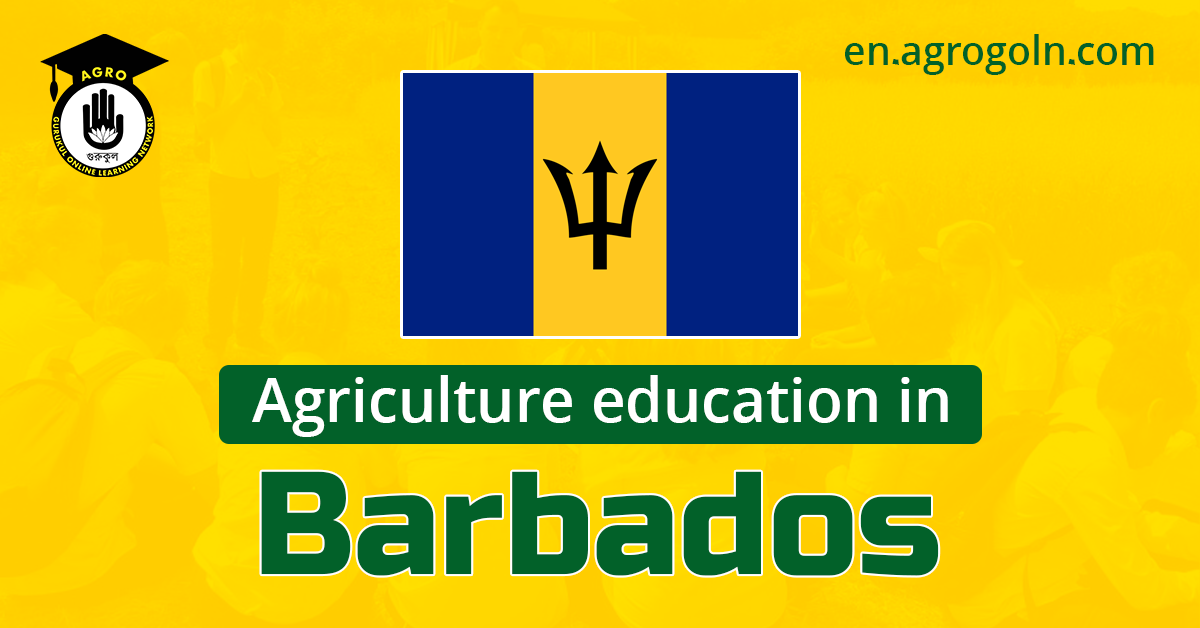Agricultural Education in Barbados: Nurturing Sustainable Farming and Rural Development. Agriculture has played a vital role in shaping Barbados’ history, economy, and cultural identity. This small Caribbean island nation, known for its stunning beaches and vibrant tourism industry, also boasts a rich agricultural heritage. With a commitment to sustainable farming practices and rural development, agricultural education in Barbados has emerged as a key driver of economic diversification and food security. This article explores the evolution, challenges, and prospects of agricultural education in Barbados, highlighting its contributions to the nation’s prosperity and well-being.
Table of Contents
Agricultural Education in Barbados
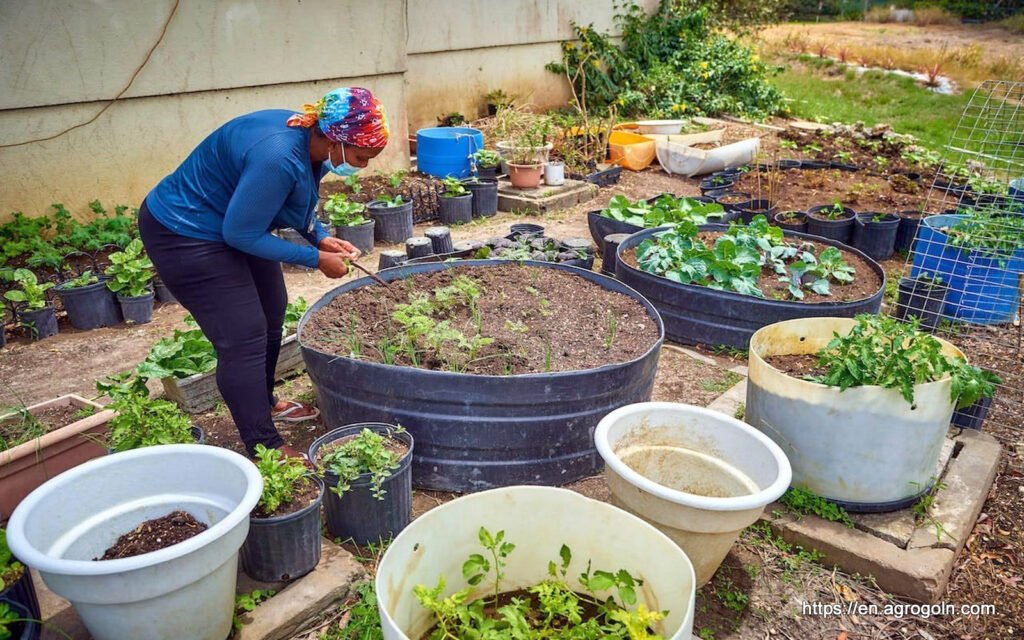
Historical Perspective
Barbados, once dominated by the sugar industry during the colonial era, has a long history of agricultural production. The cultivation of sugarcane, cotton, and tobacco was the backbone of the island’s economy for centuries. However, the decline of the sugar industry in the late 19th century and the shift towards tourism and manufacturing in the 20th century necessitated a transformation in the agricultural sector.
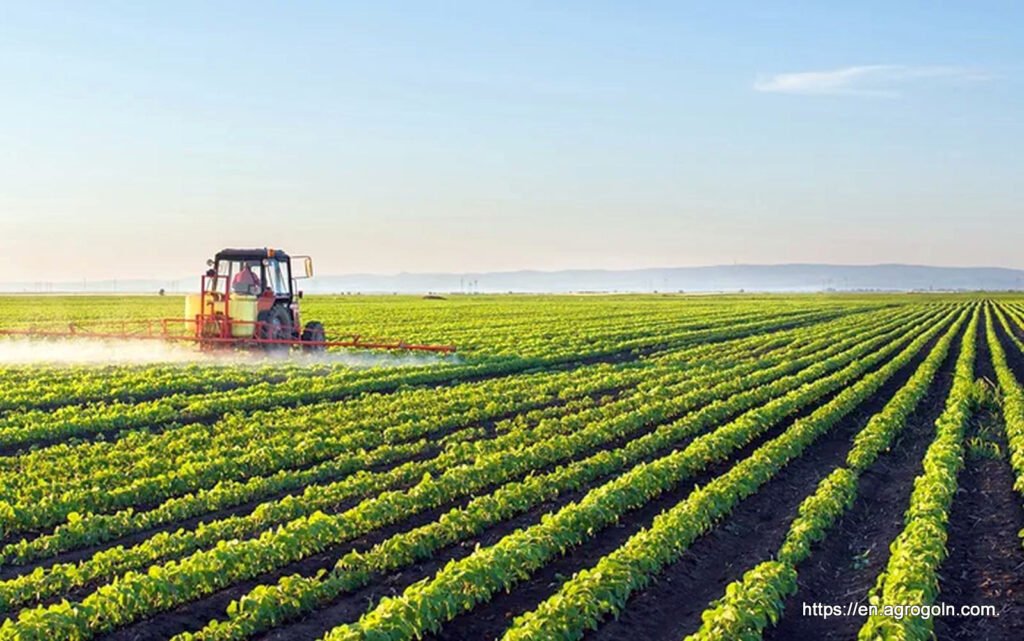
Foundations of Agricultural Education
The formalization of agricultural education in Barbados began in the mid-20th century. The establishment of the Ministry of Agriculture, Food, and Fisheries in 1958 marked a turning point, enabling the government to focus on agricultural development and rural upliftment. In the same year, the Barbados Agricultural Society (BAS) was formed to support and advocate for farmers’ interests and to promote agricultural education.
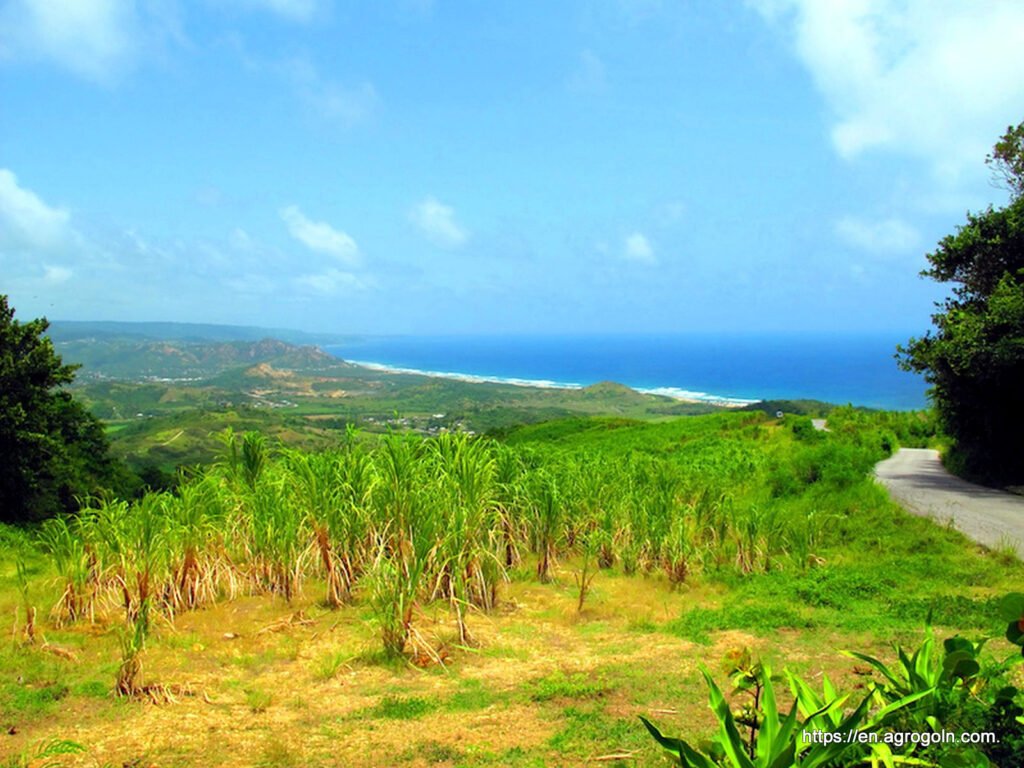
Barbados Community College (BCC)
The Barbados Community College (BCC) has been at the forefront of agricultural education in the country. Its Faculty of Science, Agriculture, and Technology offers a range of programs focused on agribusiness, crop production, livestock management, and sustainable agriculture. BCC’s agricultural programs combine theoretical knowledge with practical experience, equipping students with the skills needed to address the challenges of modern agriculture.
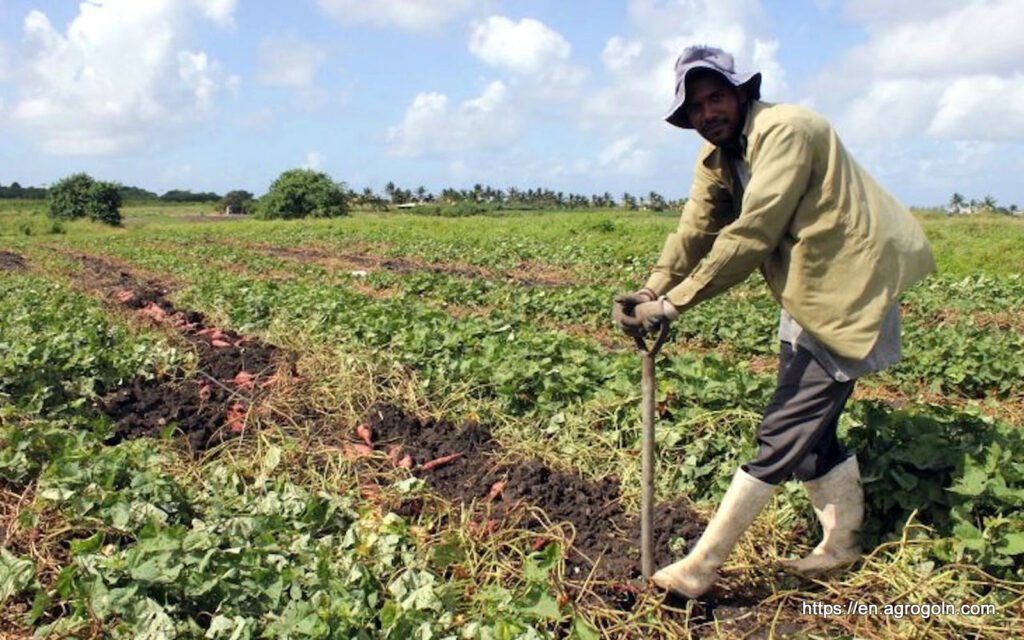
Barbados Agricultural Development and Marketing Corporation (BADMC)
The Barbados Agricultural Development and Marketing Corporation (BADMC) is a government agency established in 2000 with a mandate to develop and promote the agricultural sector. Apart from providing extension services to farmers, BADMC plays a critical role in agricultural education and training. The corporation collaborates with BCC and other institutions to deliver workshops, seminars, and training programs to farmers and agricultural stakeholders.
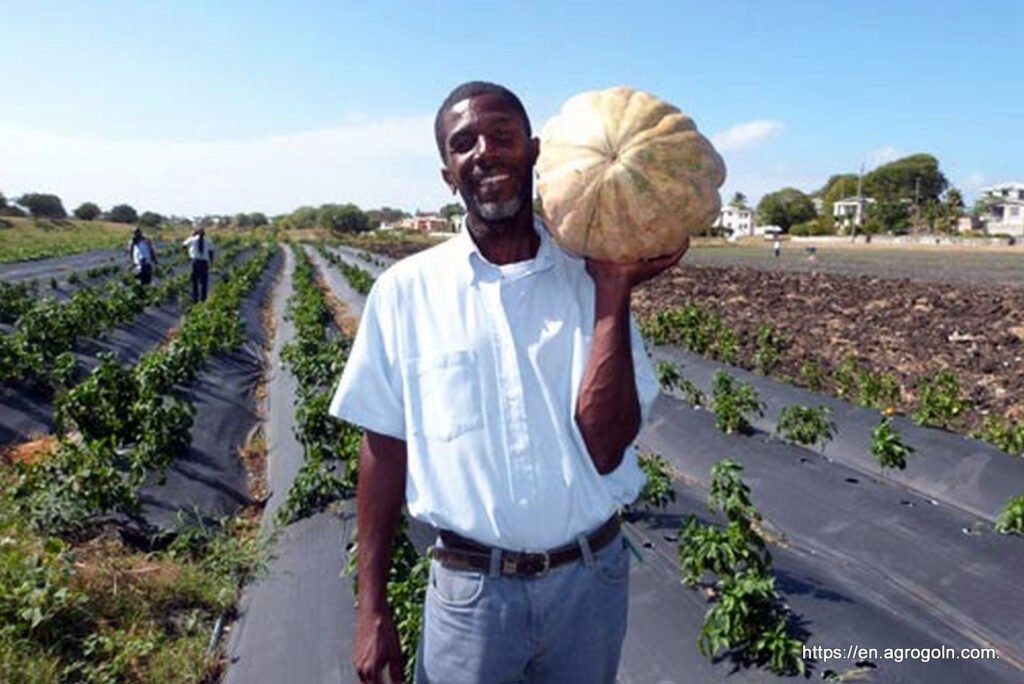
Focus on Sustainable Farming
Sustainable agriculture has become a cornerstone of agricultural education in Barbados. The island’s limited land and water resources make sustainable practices essential for long-term agricultural viability. Agricultural education programs emphasize the use of organic farming methods, crop rotation, and integrated pest management to minimize environmental impact while ensuring productivity.

Challenges and Opportunities
Despite the progress made in agricultural education, several challenges persist:
- Land Constraints: Barbados’ limited land availability poses a significant challenge to expanding agricultural activities. The island’s small size and increasing urbanization necessitate innovative approaches to maximize land use efficiently.
- Climate Change: The vulnerability of Barbados to climate change impacts, including more frequent and intense weather events, threatens agricultural productivity. Agricultural education must address climate-smart practices to build resilience in the sector.
- Aging Farming Population: Like many developed nations, Barbados faces an aging farming population. Encouraging young people to pursue careers in agriculture and fostering entrepreneurship in the sector are critical for its sustainability.
- Market Access: Ensuring fair market access and adequate prices for agricultural products remains a challenge for farmers. Agricultural education should include market-oriented training to enhance farmers’ business skills.
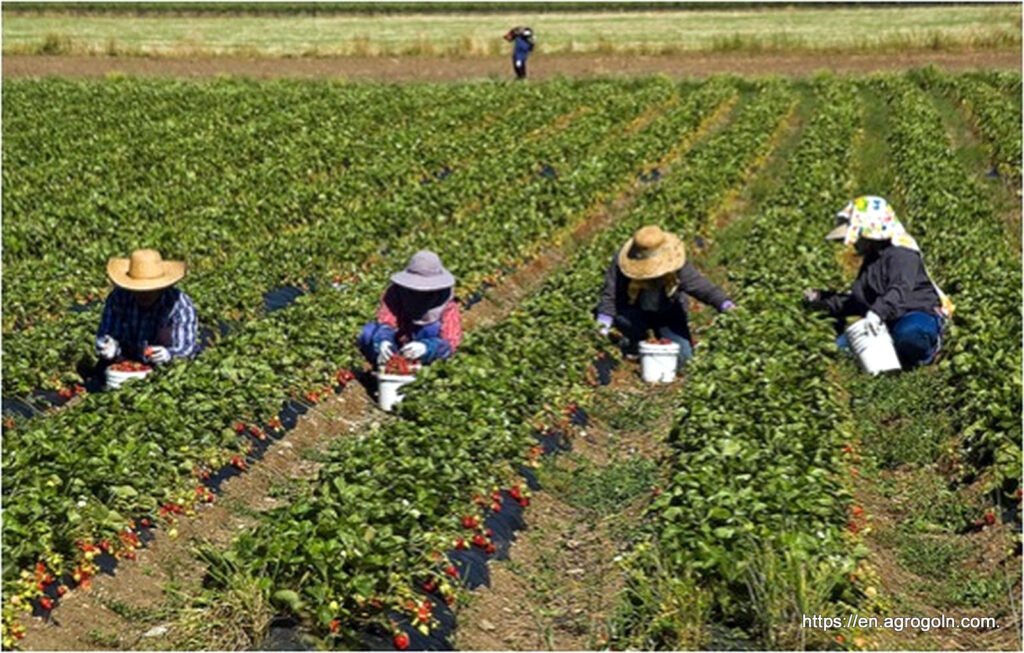
Opportunities for agricultural education in Barbados include:
- Diversification: Agricultural education can play a crucial role in promoting crop diversification and encouraging the cultivation of non-traditional crops. Diversification can reduce dependence on imports and contribute to food security.
- Agro-Tourism: The growing interest in agro-tourism presents an opportunity for agricultural education to foster agritourism enterprises. Integrating tourism and agriculture can create new revenue streams and showcase Barbados’ rich agricultural heritage to visitors.
- Technology Adoption: Agricultural education can facilitate the adoption of modern technologies, such as precision farming, hydroponics, and vertical farming, to optimize resource use and increase productivity.

Government Support and Policy
The Barbadian government has recognized the importance of agricultural education in its quest for sustainable rural development. Various policy initiatives and financial incentives have been introduced to support the agricultural sector and foster agricultural education. Government agencies like the Ministry of Agriculture and BADMC work in tandem with educational institutions to develop policies and programs that align with the needs of the agricultural sector.
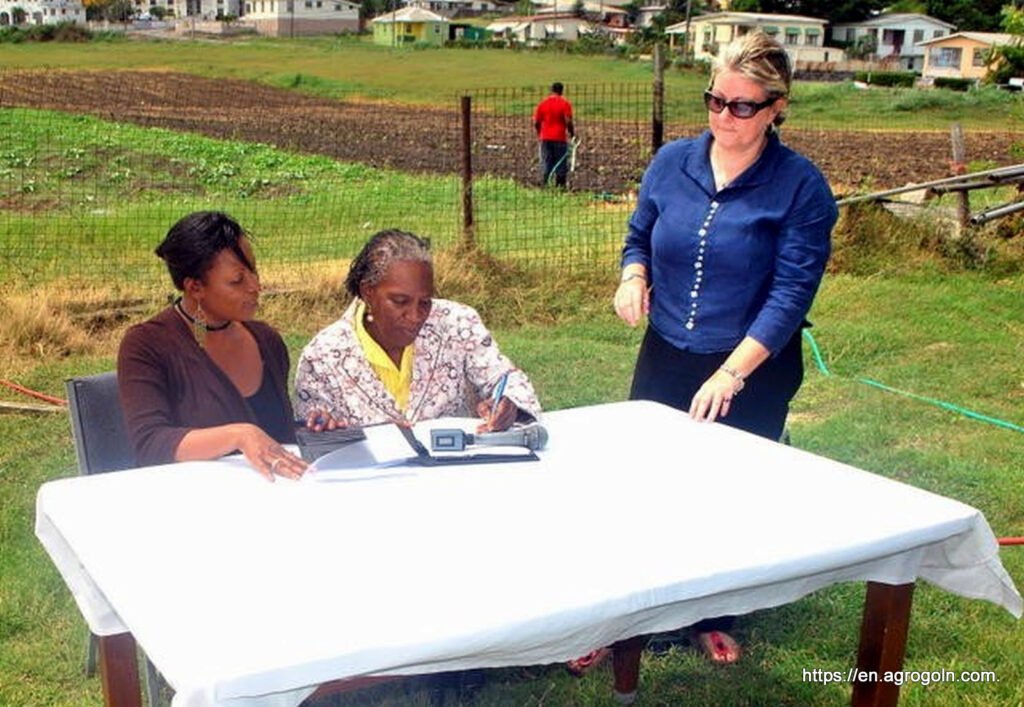
Agricultural education in Barbados is vital for advancing the agricultural sector, ensuring food security, and promoting sustainable rural development. It reflects the island’s commitment to harnessing its agricultural heritage while embracing modern innovations and technologies. By equipping the next generation of farmers and agricultural stakeholders with knowledge and skills, Barbados is building a more resilient, productive, and inclusive agricultural sector. As the island continues to address its unique challenges and capitalize on emerging opportunities, agricultural education remains a linchpin of its sustainable development journey.
See more:
